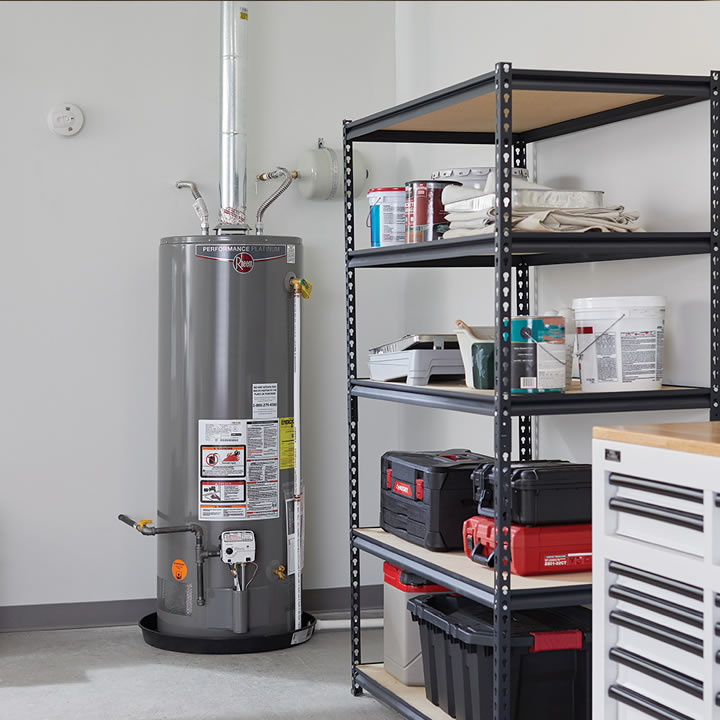Water heaters are essential appliances in our homes, providing us with the comfort of hot water for bathing, cleaning, and more. However, choosing the right type of water heater can be a crucial decision.
There are three primary types: electric, gas, and heat pump. In this article, we will delve into each type, exploring how they work, their pros and cons, and which might be the best fit for your specific needs.
Electric Water Heaters
How They Work
Electric water heaters use electricity to heat up a heating element, typically located at the bottom of the tank. When you turn on a hot water tap, cold water enters the tank, and the heating element warms it to the desired temperature.
Pros:
- Easy Installation: Electric water heaters are relatively straightforward to install and do not require a gas line.
- High Efficiency: Modern electric water heaters are designed with advanced insulation, enhancing their energy efficiency.
Cons:
- Higher Operating Costs: Electric water heaters tend to be more expensive to operate compared to gas heaters, especially in areas with high electricity rates.
- Slower Recovery Time: Electric heaters may have a slower recovery time, meaning they may take longer to reheat the tank after hot water has been used.
Gas Water Heaters
How They Work
Gas water heaters utilize a burner and a gas supply line to heat the water.
A pilot light or electronic ignition ignites the gas, which then heats the water in the tank.
Pros:
- Lower Operating Costs: Gas is often more cost-effective than electricity, making gas water heaters more economical to run.
- Faster Recovery Time: Gas heaters typically have a faster recovery time compared to electric heaters.
Cons:
- Higher Upfront Costs: Gas water heaters are generally more expensive to purchase and install initially, especially if a gas line needs to be installed.
- Ventilation Requirements: Proper ventilation is crucial for safety, which may require additional installation steps.
Heat Pump Water Heaters
How They Work
Heat pump water heaters work by extracting heat from the air and using it to heat the water. They operate similarly to a refrigerator but in reverse. They are highly efficient because they don’t generate heat; instead, they transfer it.
Pros:
- High Efficiency: Heat pump water heaters are incredibly efficient, often using up to 60% less energy than electric resistance heaters.
- Versatility: They can work in various climates, although they are most efficient in warmer environments.
Cons:
- Higher Initial Cost: Heat pump water heaters have a higher upfront cost compared to traditional electric water heaters.
- Climate Sensitivity: They may be less efficient in colder climates, as there is less ambient heat to extract from the air.
Choosing the Right Water Heater
The choice between electric, gas, and heat pump water heaters ultimately depends on factors like your location, budget, and personal preferences. Consider consulting with a professional to assess your specific needs and determine which type of water heater is the best fit for your home.
In conclusion, understanding the differences between electric, gas, and heat pump water heaters is crucial for making an informed decision.
Each type has its own set of advantages and considerations, and by carefully weighing these factors, you can ensure that your chosen water heater meets your household’s hot water needs efficiently and effectively.

